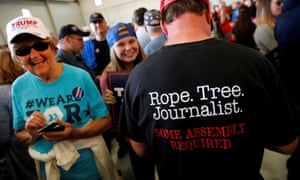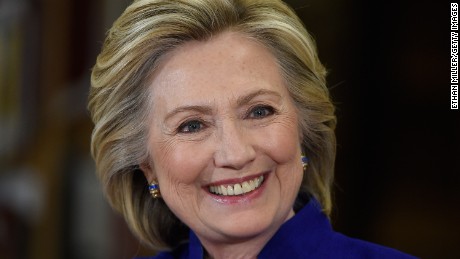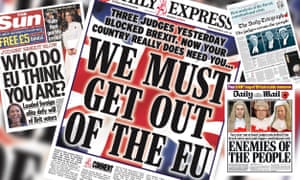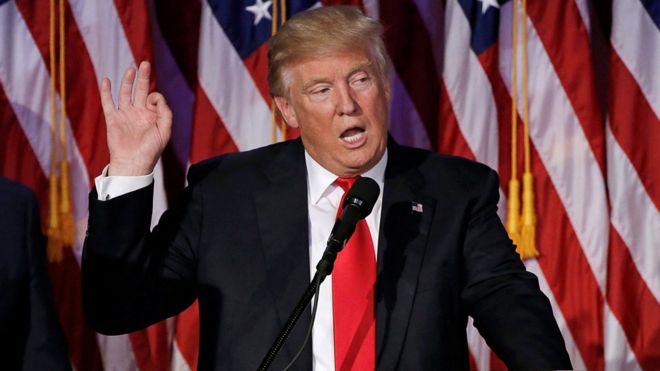The development of
new/digital media means the audience is more powerful in terms of consumption
and production. Discuss the arguments for and against this view.
The development of new and digital media has transformed the
abilities of audiences in terms of consumption and production. It could be
argued that audiences have gained more power since the creation of the internet
and the various platforms it provides, yet on the other hand this statement can
also be defied.
A Marxist perspective would argue that the so-called
“information revolution” has done little to benefit audiences or to subvert the
established power structures in society. Far from being a “great leveller”
(Krotoski, 2012) as many have claimed, it has merely helped to reinforce the
status quo by promoting dominant ideologies. The most popular news website in
the UK by a considerable margin is the ‘Mail Online’, which receives more than
8 million hits every month and is continuing to expand rapidly – with forecasts
that it will make £100 million or more in digital revenues in the next three
years. Similar to its tabloid print edition, the website takes a Conservative,
right-wing perspective on key issues around gender, sexuality and race and
audiences appear to passively accept what the Marxist theorist, Gramsci, called
a hegemonic view. When one of their chief columnists, Jan Moir, wrote a
homophobic article about the death of Stephen Gately in 2009 there were Twitter
and Facebook protests but, ultimately, they did not change the editorial
direction of the gatekeepers controlling the newspaper.
On the other hand, a Pluralist would claim that audiences
are in fact much more powerful in terms of consumption and production than they
have ever been. The audience are not, as a Marxist would argue, subordinate to
the indoctrination and control of the status quo in the news, but instead the
audience have the ability to “conform, accommodate and reject” (Gurvich)
anything they consume through the media. The power of the audience can be
reflected through citizen journalism and the UGC we can create. An example
of this is the case of Rodney King, who was a victim of police brutality.
The event was filmed by an onlooker from their apartment window and made it to
prime-time news, and led to the charges of four police officers. This indicates
at the power of the audience in terms of production, as we now have the
capability as an audience to produce our own content and reach lengths that can
bring justice or awareness to society.
The internet has been a major source in providing audiences
with the ability to assert their freedoms of speech. Social media sites such as
Twitter and Facebook has allowed users to express their views and opinions,
while sites such as Youtube have allowed audiences to take part in the
production of media’s. The development
of new and digital media has not only provided us a platform in which we can
form personal relationships and identify ourselves (Katz and Blumer), but it
has also allowed us to voice our opinions, which a pluralist would argue is one
of the freedoms that the development of new/digital media technology has
established.
The introduction of the internet has also allowed news
institutions to widen the platforms they are on, making their news more
accessible. Majority of the apps we use today have some form of news available
such as Facebook or Snapchat due to this convergence that is taking place on
mobile devices and apps, this gives the news industry a better opportunity to
get their news to everyone, while also being an advantage for the audiences. Six
in ten (59%) UK adults aged 16-24 say they use the internet or apps for news,
compared to just under a quarter (23%) of those aged 55+ (Ofcom). The
development of online and tailor-made news on apps such as Flipboard and
Facebook suggests that audiences are more powerful in terms of consumption, as
they have the capability to choose what news they want to read about and when.
Recent world events such as Brexit and Donald Trump’s
election suggest that dominant hegemonic ideologies are being challenged, which
is an indication of the audience’s new found power within the development of
digital media. The development of social media as a platform, for example
Twitter, has allowed the oppressed to voice their opinions on Donald Trump, and
the discontent at his election, which wouldn't have been possible at an
election taking place in the 40's or 50's. Yet on the other hand, events such
as Brexit can be used as an example to suggest that hegemonic values are still
continuing to be reinforced. A portion of those who have voted to leave the EU
regretted their choice after the votes came in, feeling as if they have been misled
by the ruling class with false promises. A Marxist would say that this
demonstrates the existence of hegemony within the media and the influence it
can have on our opinions and even votes. What we perceive to be as "common
sense" may not always be right choice, we just think it is. Therefore,
there may be a limit to the internet as audiences can effectively still be
subordinate to the elite despite the changes in consumption.
Overall, the development of new and digital media has
greatly empowered audiences through providing them with greater platforms to
express their opinions and assert their freedoms. However, the lengths of these
freedoms can be argued as represented through the views of Marxists and
Pluralists.








